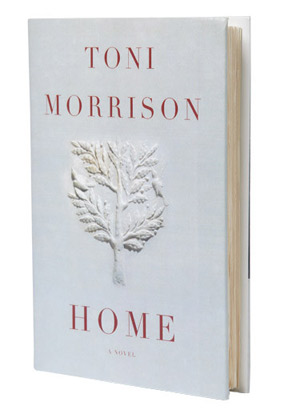Book Review: Toni Morrison’s Home
Toni Morrison’s Tale Of Siblings Searching For Solace Has Character But Lacks Resolution


Latest Article|September 3, 2020|Free
::Making Grown Men Cry Since 1992




